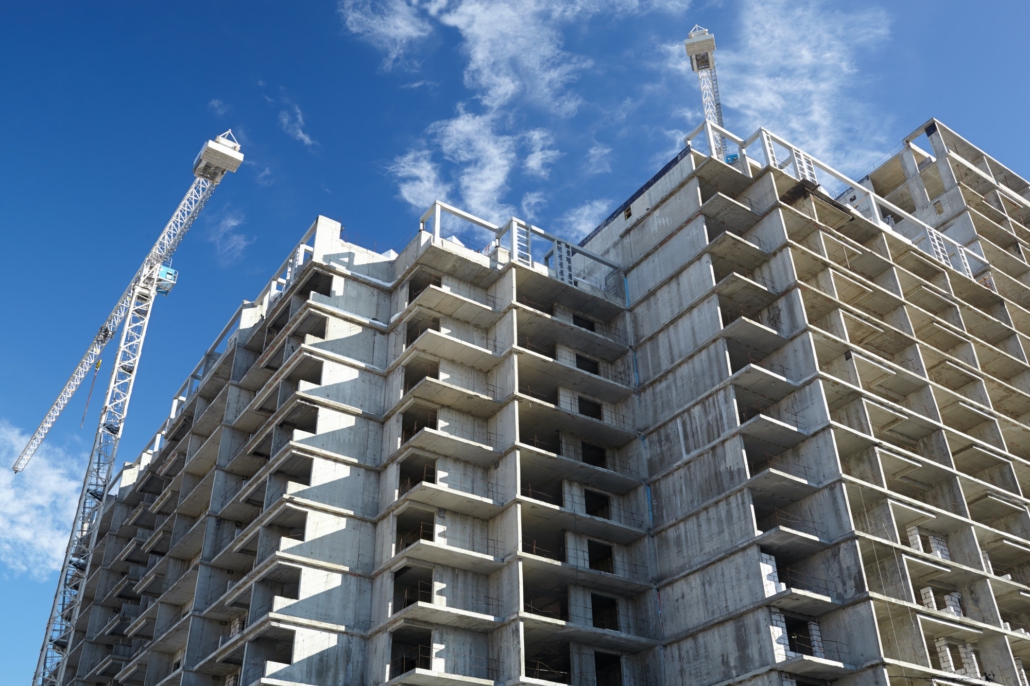LEGAL+ NEWS
In a very recent ruling, the Federal Court of Justice (BGH) has made insightful statements on the extremely practical question of when a quality agreement can be assumed in a specific case in the absence of an express agreement.
I.
The BGH ruling of August 31, 2017 (case no. VII ZR 5/17, NJW 2017, 3590) states:
” Taking these standards into account, the interpretation of the contract for work and services undertaken by the appellate court does not stand up to appellate review. The result of the interpretation of the appellate court, according to which no (implied) quality agreement was concluded with regard to the color stability of the white coating, is based on a violation of the principle of the interpretation of the contract in accordance with the interests of both parties. When interpreting the contract with regard to a possible quality agreement, the legitimate expectation of the customer regarding the work performance is of importance (see BGH, NJW 2007, 3275 = NZBau 2007, 507 = BauR 2007, 1407 [1409] para. 23). In the absence of a discussion of the risk of yellowing before or at the conclusion of the contract and in the absence of special expertise on this problem, the defendant was entitled, in view of the considerable costs of the painting work, to have the legitimate expectation that the white coating determined after the inspection of the test area – assuming normal cleaning – would not yellow more than insignificantly after less than one year. The appellate court did not sufficiently consider this aspect, which is important for a mutually fair interpretation of the contract.”
II.
Conclusion:
In this interesting ruling, the BGH clarified that a conclusive agreement on a certain quality may exist even if there is no confirmatory statement. Rather, it may be sufficient if the buyer has a legitimate expectation with regard to a certain quality that is recognizable to the seller in the individual case.

LATEST ARTICLES

Degree of completion of the work
The standards relating to the right to refuse acceptance (Section 640 (1) sentence 2 BGB, Section 12 (3) VOB/B) state that acceptance of the work may not be refused due to insignificant defects. There is no statement on the required degree of completion of the work as a prerequisite for acceptance.
However, the question of what degree of completion the work must have reached in order to be considered ready for acceptance is very important, particularly in the case of plant construction, which is usually very complex.

Major deficiency in plant engineering
Answering the question of whether there is a significant defect is very difficult, especially in often very complex plant construction. The absence of major defects is the decisive prerequisite for acceptance. The latter has considerable legal and practical significance: the start of the warranty periods is regularly linked to this. In addition, the due date of a considerable part of the agreed remuneration generally depends on acceptance.

Formal acceptance under building law
Particularly in the case of complex (plant) construction projects, the contracting parties often agree – usually on the basis of the VOB/B – to carry out a so-called formal acceptance. The following article deals with the question of what such a formal acceptance is actually all about.
CONTACT

+49 (40) 57199 74 80
+49 (170) 1203 74 0
Neuer Wall 61 D-20354 Hamburg
kontakt@legal-plus.eu
Benefit from my active network!
I look forward to our networking.
This post is also available in: DE

